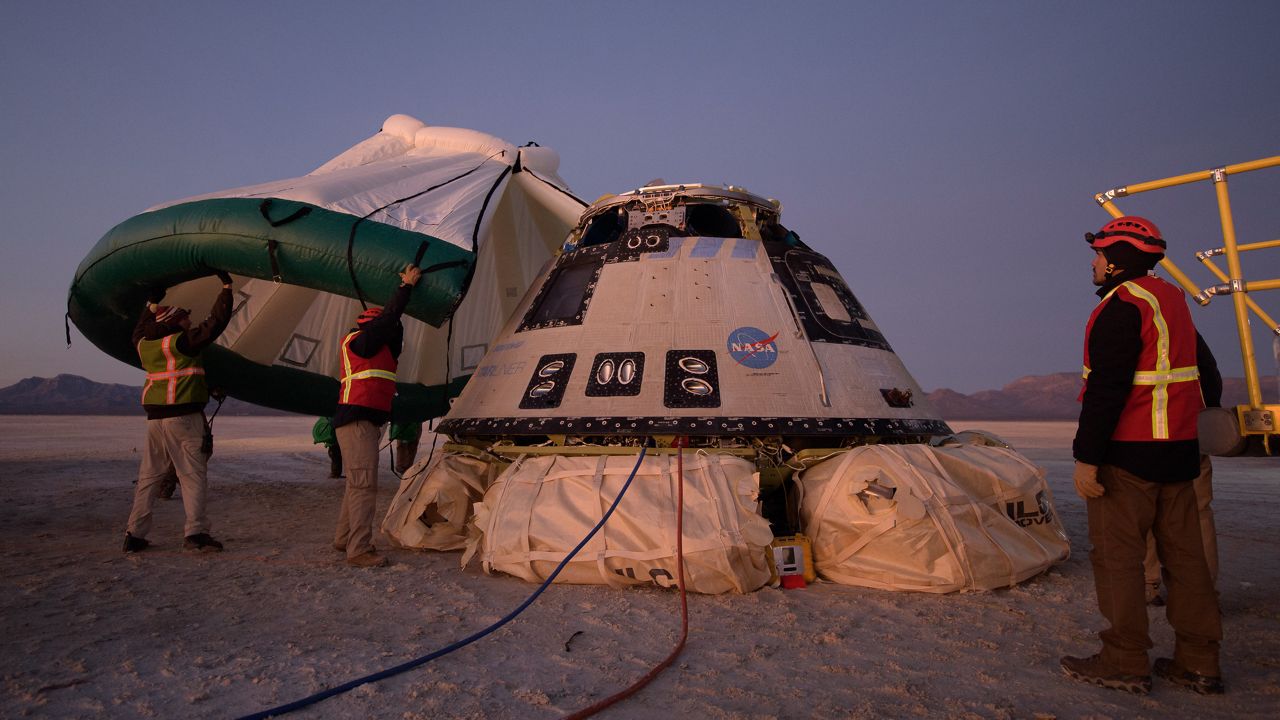ORLANDO, Fla. — The second flight test for Boeing's Starliner crew capsule has been delayed after a Russian spacecraft inadvertently fired its thrusters while docked at the International Space Station, temporarily forcing the station to lose orientation control.
What You Need To Know
- Friday's planned Starliner launch has been delayed after a mishap with a Russian ISS module
- The Nauka module had just arrived at the space station when its thrusters inadvertently fired while docked
- The firing caused the space station to temporarily lose orientation as much as 45 degrees, NASA said
- NASA and Boeing crews have rescheduled the launch for Tuesday, Aug. 3, at 1:20 p.m. ET
- RELATED: ULA: Internet outage delays Starliner rollout to launch pad
The Roscosmos' Nauka module had just arrived at the station, and cosmonauts aboard the ISS were trying to open the hatch on Nauka when the mishap happened, according to NASA.
The ISS was temporarily knocked out of orientation about 45 degrees, and other thrusters on the ISS fired to counteract the Nauka's thrusters, agency officials said.
"Mission Control teams corrected the action and all systems are operating normally. The crew was never in any danger," NASA said in a tweet.
Starliner had been set to lift off at 2:53 p.m. ET Friday from Cape Canaveral Space Force Station, aboard a United Launch Alliance Atlas V rocket.
It's been rescheduled for 1:20 p.m. ET Tuesday, Aug. 3.
The Boeing capsule is part of NASA's Commercial Crew Program, which is evaluating public-private partnerships for crewed space missions after the sunset of the shuttle program.
Starliner will eventually carry astronauts, but this mission, called Orbital Flight Test-2, is a second uncrewed mission to the ISS after the first one in December 2019 went awry, returning to Earth early and without having docked with the ISS as planned. An investigation determined several critical errors happened that caused the capsule to be put in the wrong orbit.
While controllers wait for the next launch opportunity, the extra time will allow crews to continue to check out the ISS and Nauka, NASA said.



